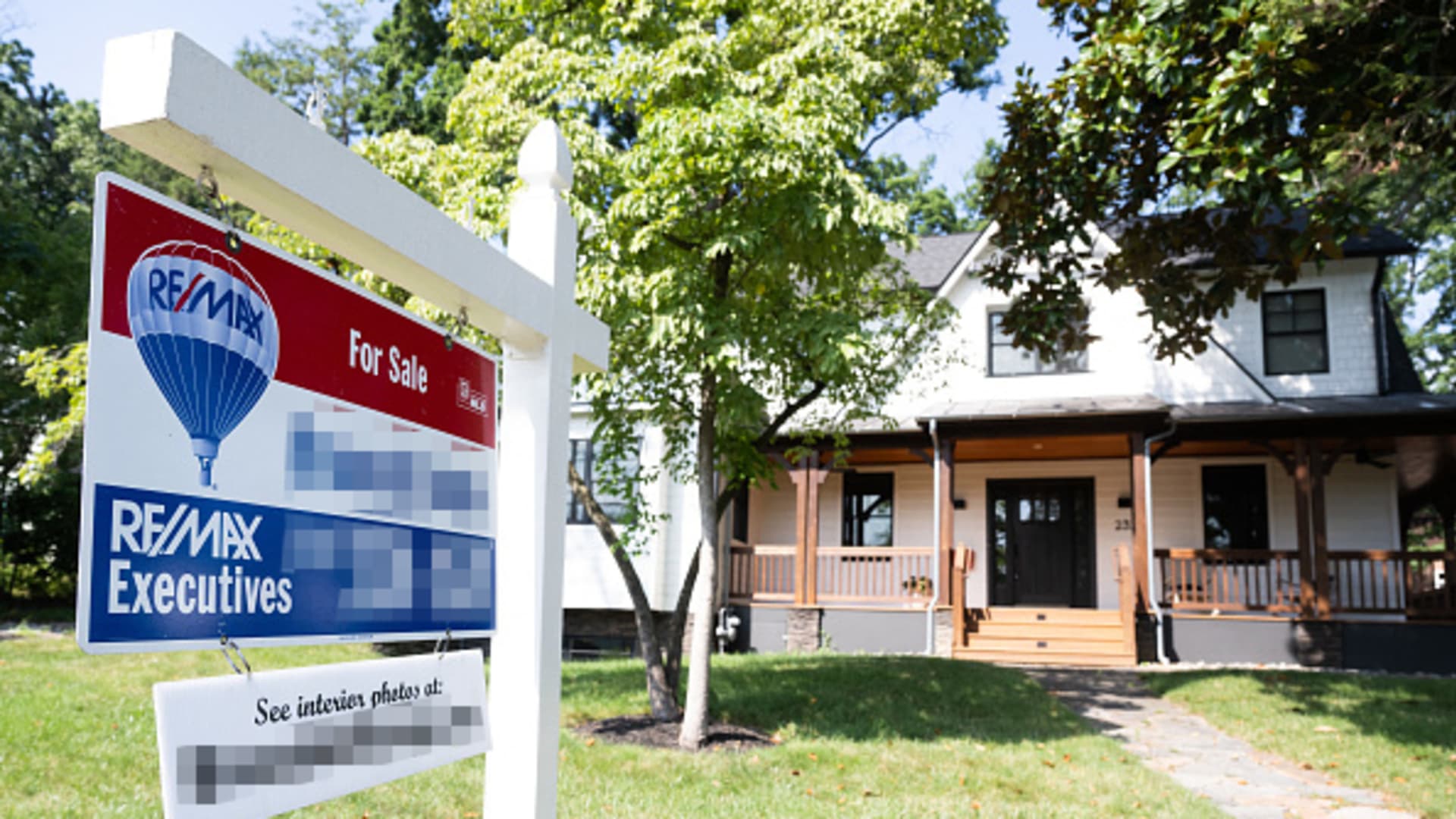SouthJersey
Footballguy
Thanks fellas. I texted a realtor buddy in PA and asked about Rocket and got "I don't trust them. I've seen as many deals close with them as I've seen have major issues." Sounds about par for what @Chadstroma is saying.
That said, Chad what's the best rates you're seeing right now? 5.375% seems too good to be true. Though for context we're putting down a ton of cash, the loan amount only 40% of the purchase price (this was intentional because I waived the mortgage contingency to compete with the all cash buyers I'm up against around here). My wife and I have high 700/low 800 credit scores depending on the report that's run. Is this because of the Schwab discount?
That said, Chad what's the best rates you're seeing right now? 5.375% seems too good to be true. Though for context we're putting down a ton of cash, the loan amount only 40% of the purchase price (this was intentional because I waived the mortgage contingency to compete with the all cash buyers I'm up against around here). My wife and I have high 700/low 800 credit scores depending on the report that's run. Is this because of the Schwab discount?

 and like I said... even if you do get that locked LE from them... you still have to make that choice.... "Do I want to chance it with Rocket".
and like I said... even if you do get that locked LE from them... you still have to make that choice.... "Do I want to chance it with Rocket". I don't even really try to get jumbo loans. My doctor today all but asked me to give him a rate because he is in the process of buying. I could tell he was doing a jumbo with a large bank before he told me and I had no interest in even trying. (I was right, he is at Citi) but then I really was happy I didn't even give it a try when he told me he was going to pay off the loan in a couple of months after closing anyways. (another reason I don't like jumbo, I have seen this often)
I don't even really try to get jumbo loans. My doctor today all but asked me to give him a rate because he is in the process of buying. I could tell he was doing a jumbo with a large bank before he told me and I had no interest in even trying. (I was right, he is at Citi) but then I really was happy I didn't even give it a try when he told me he was going to pay off the loan in a couple of months after closing anyways. (another reason I don't like jumbo, I have seen this often)